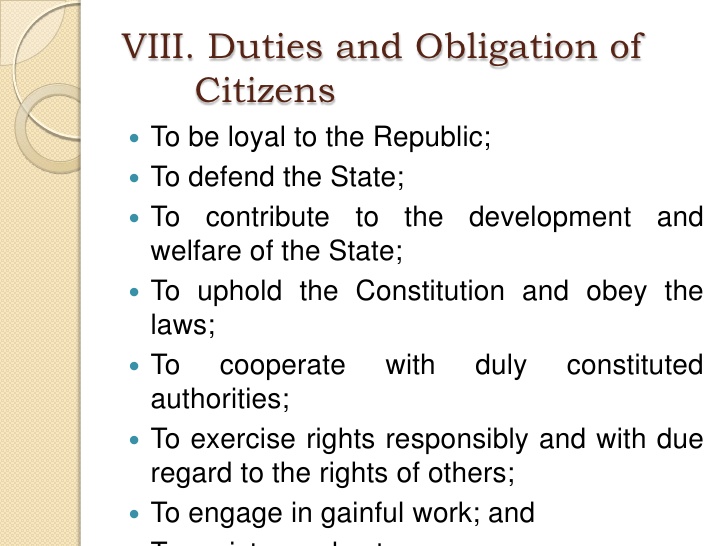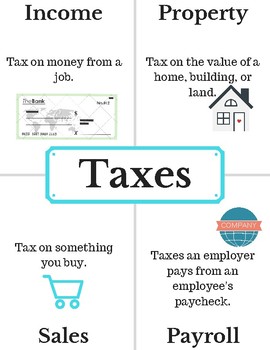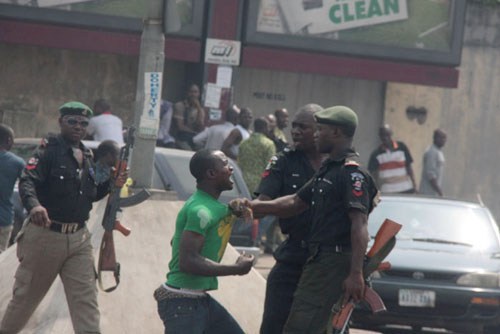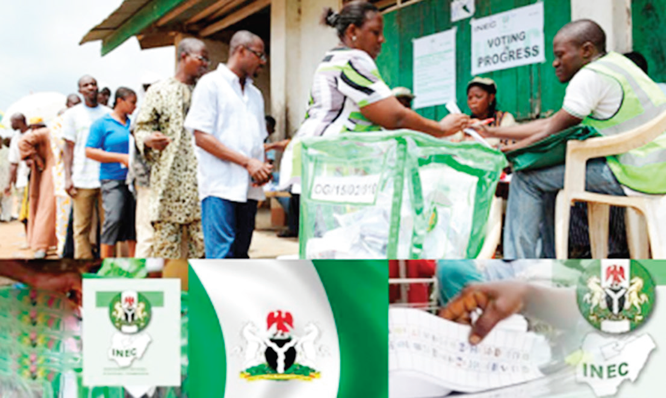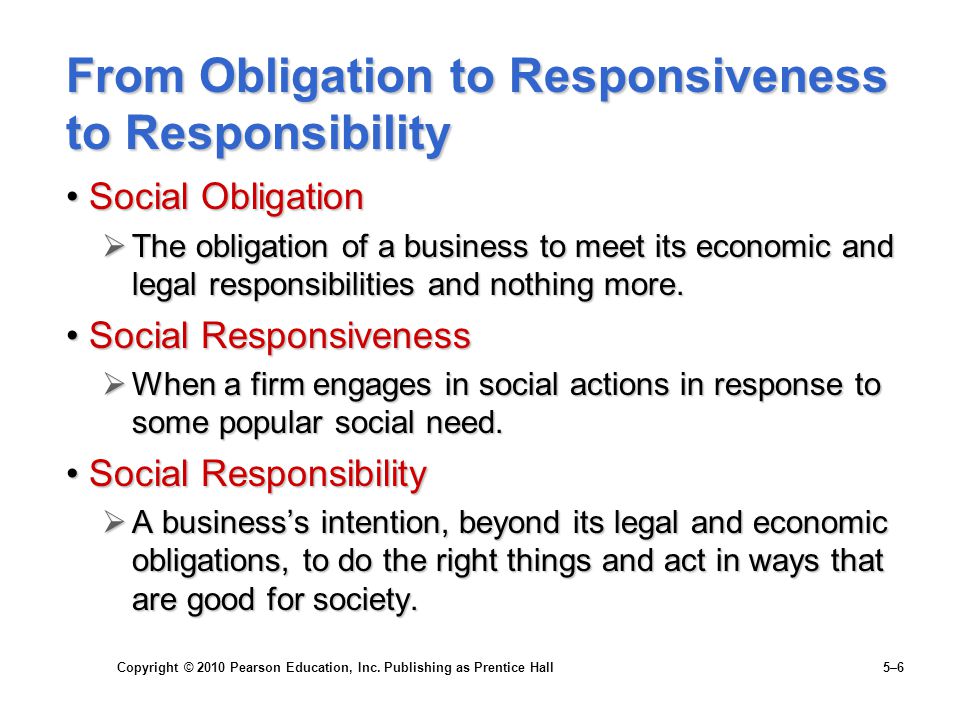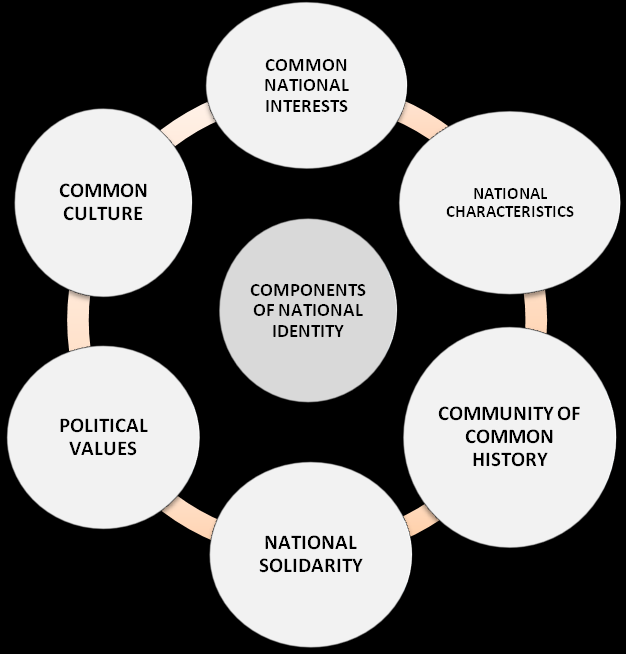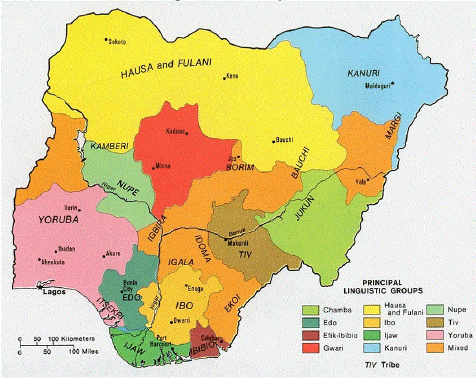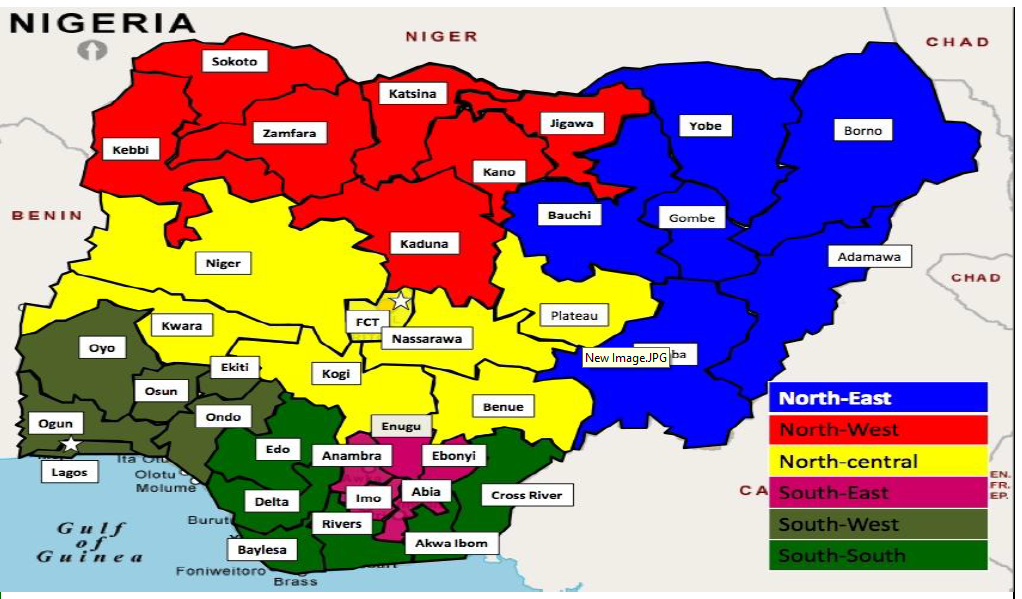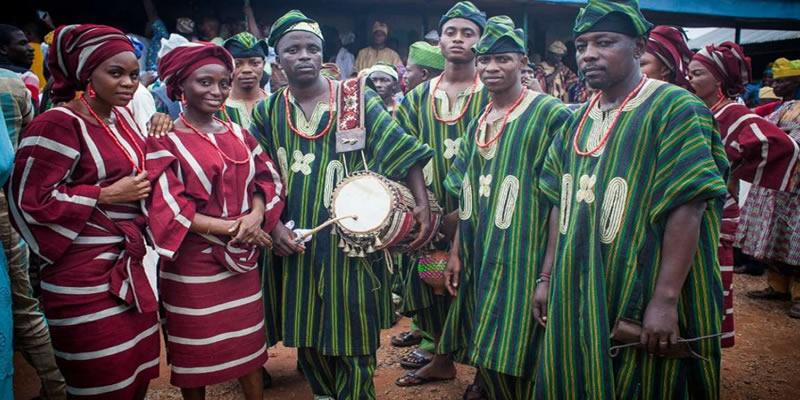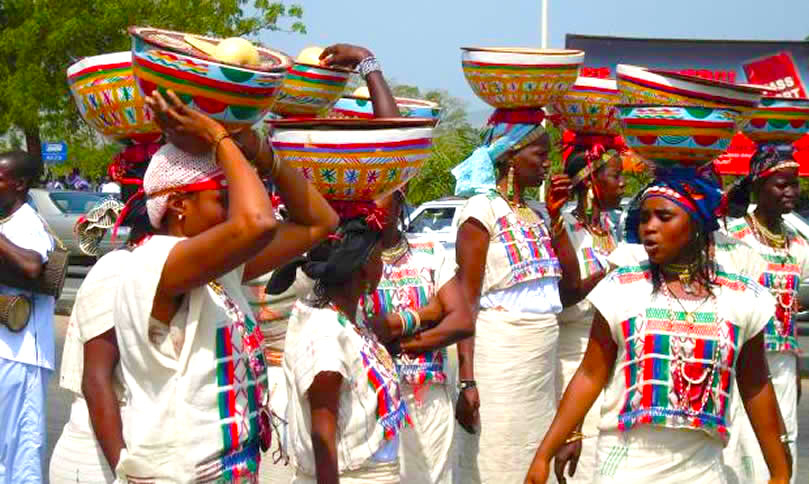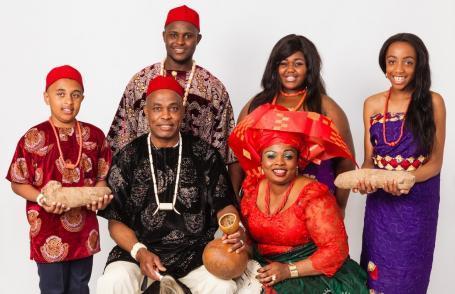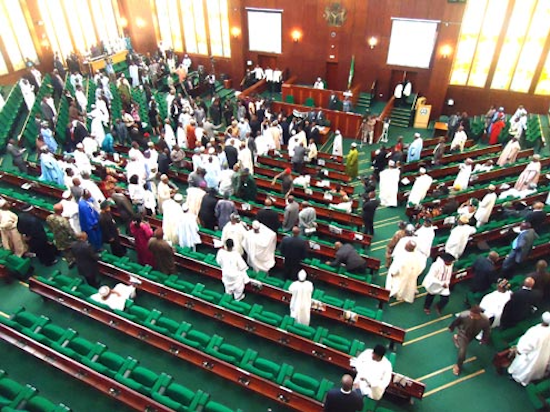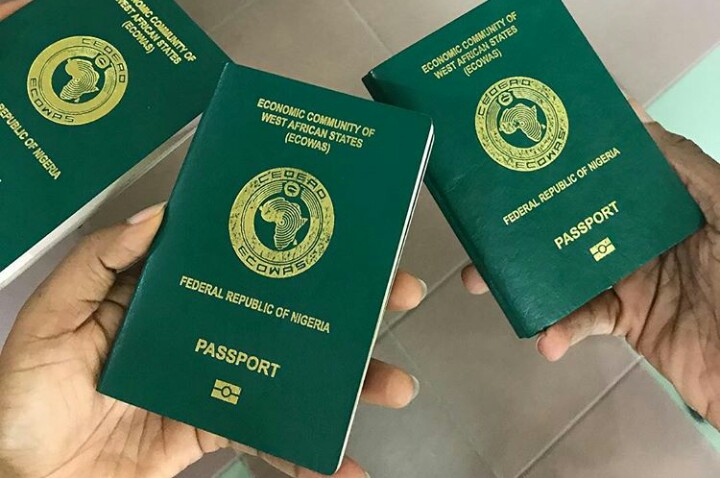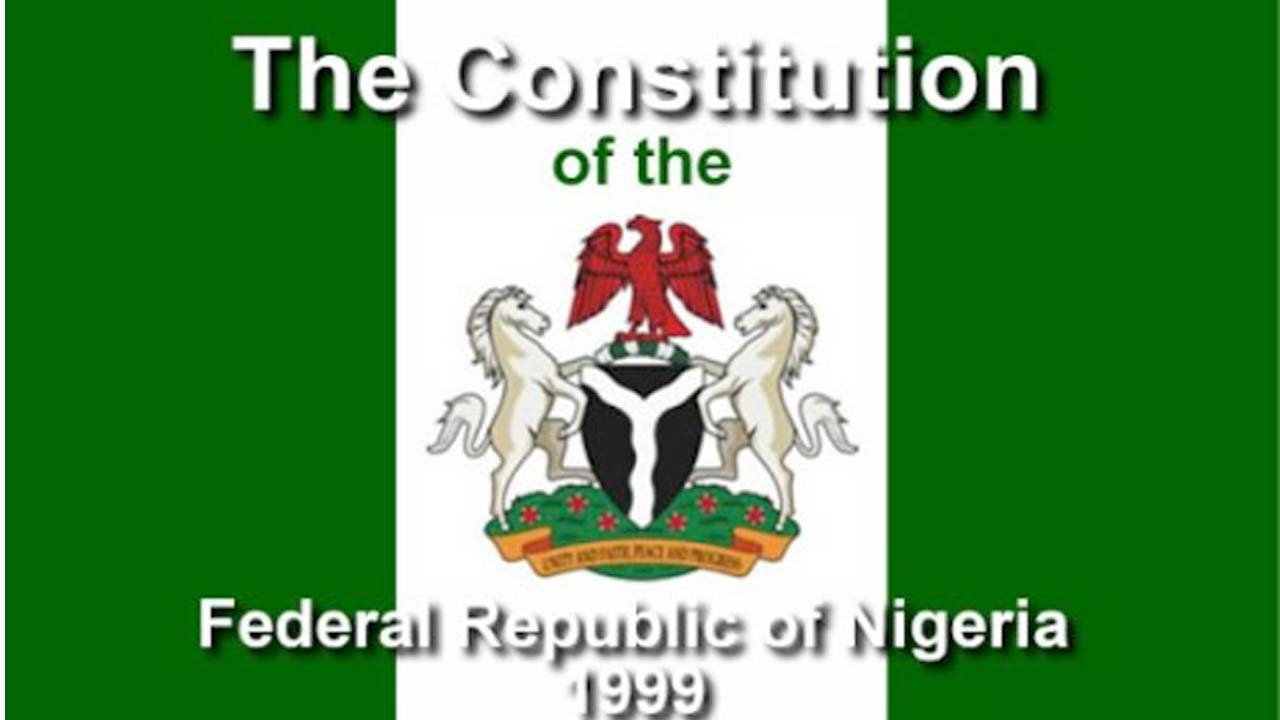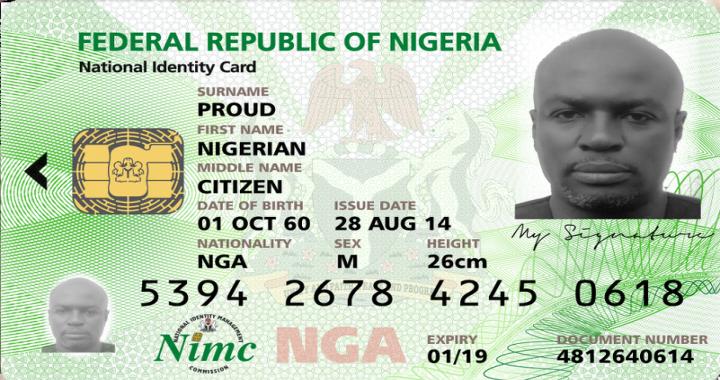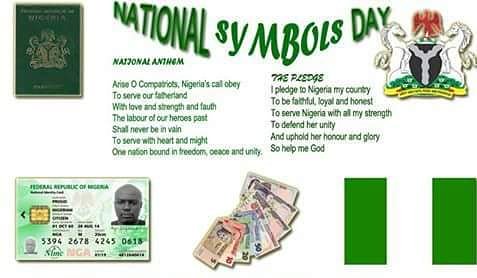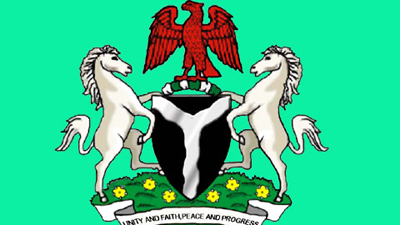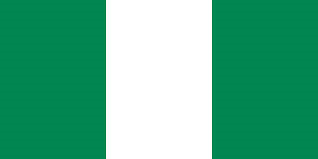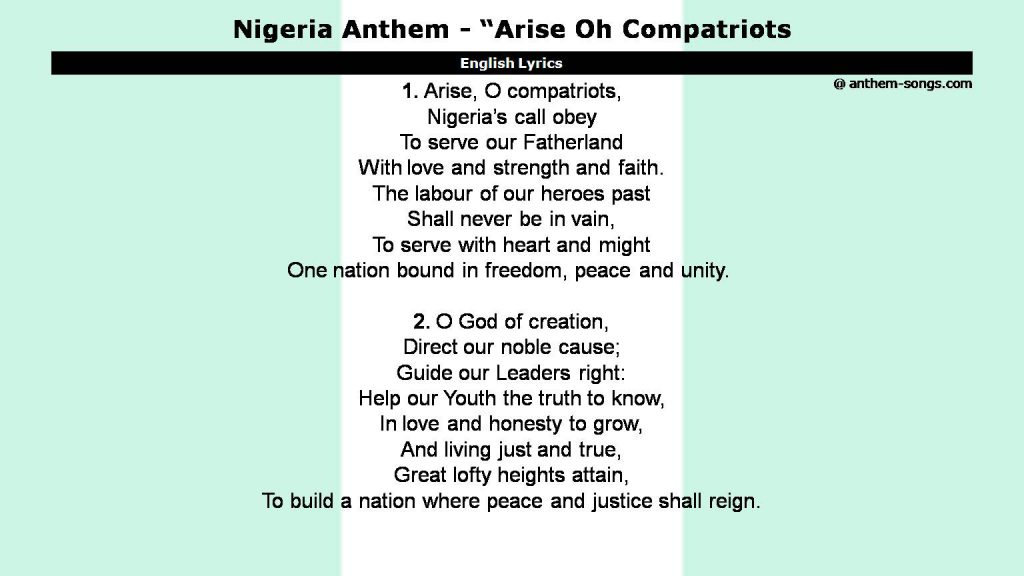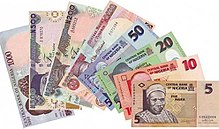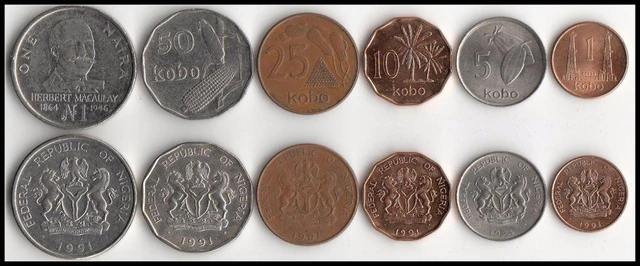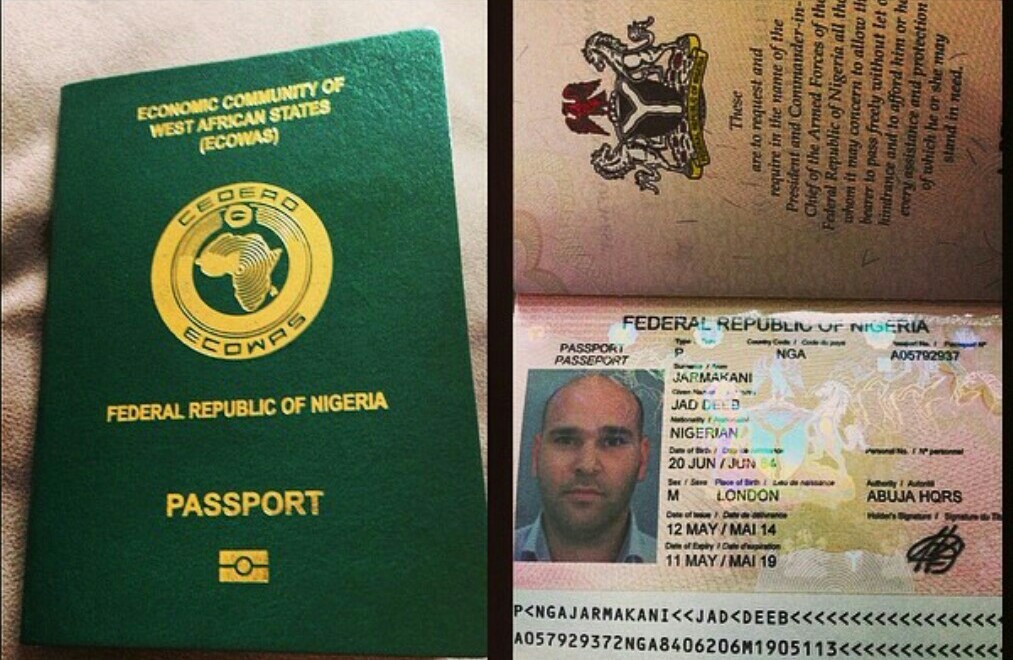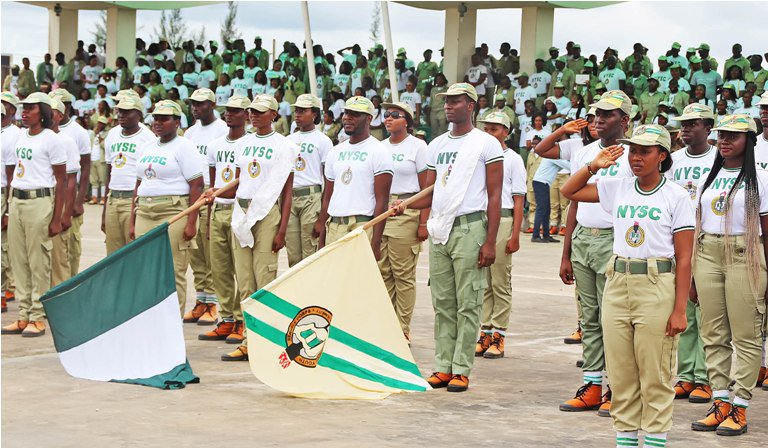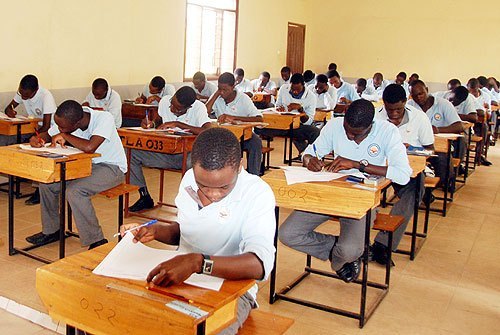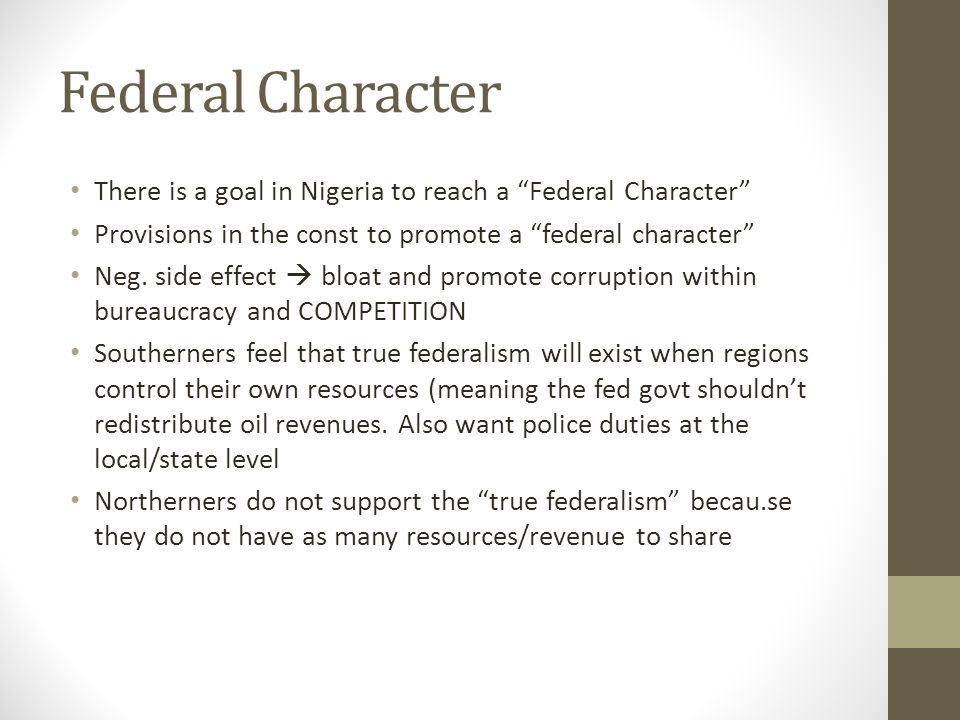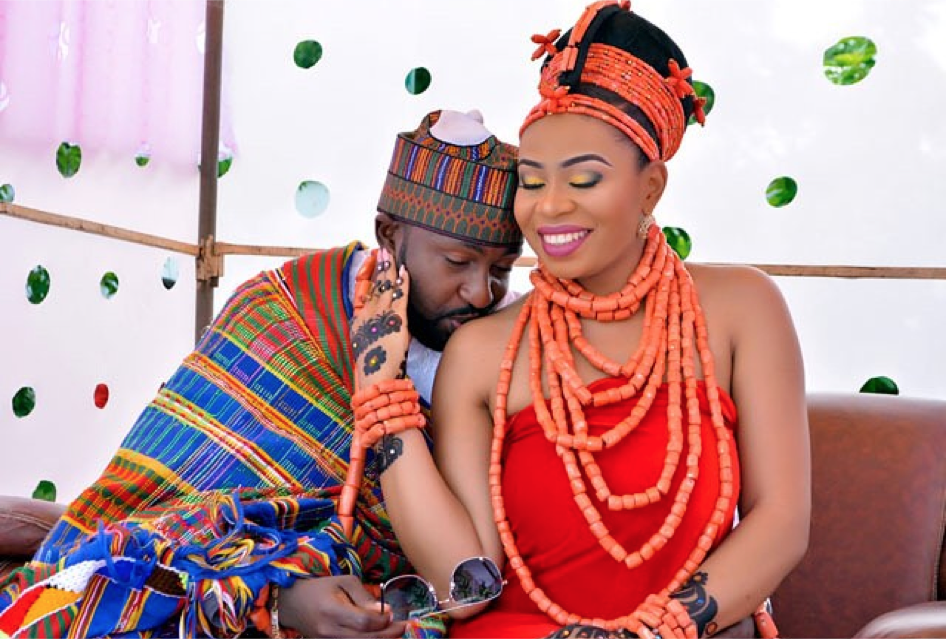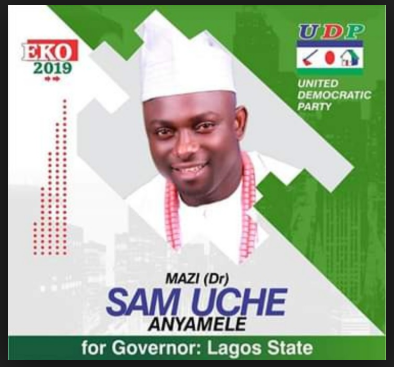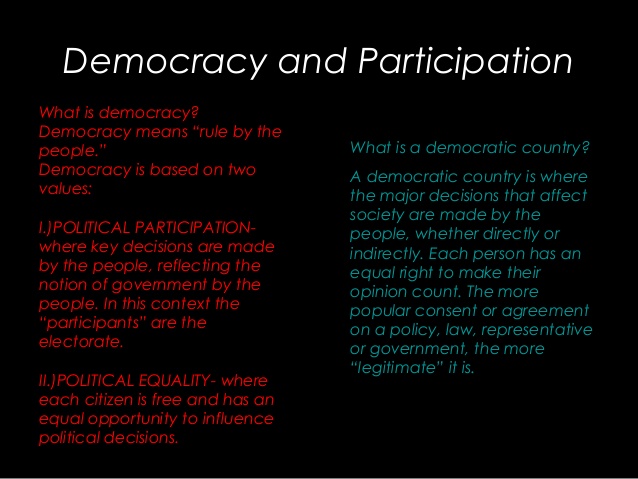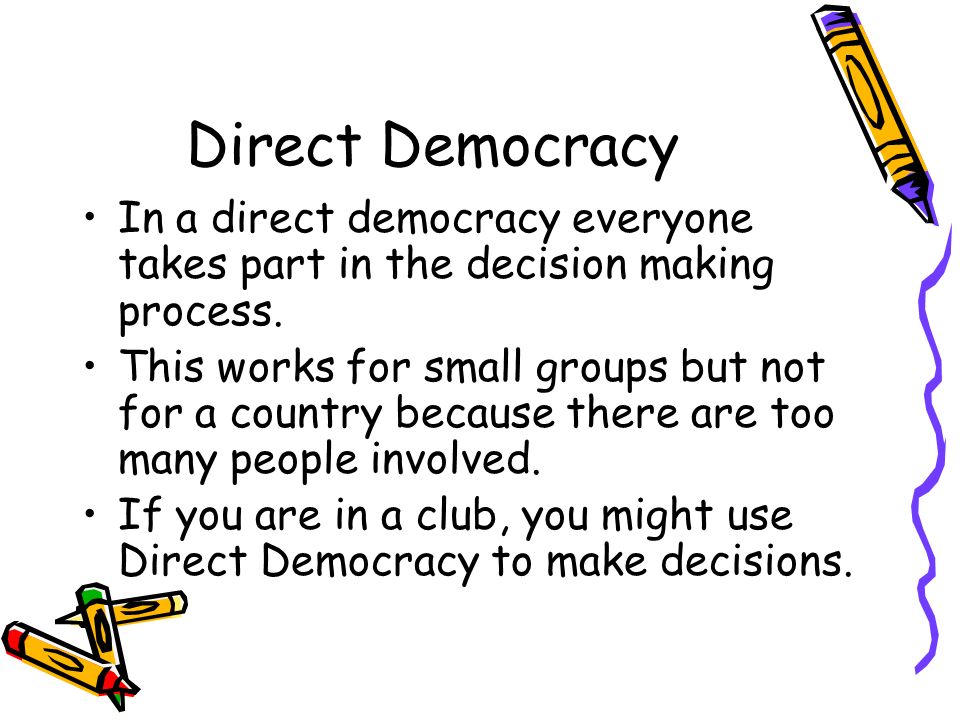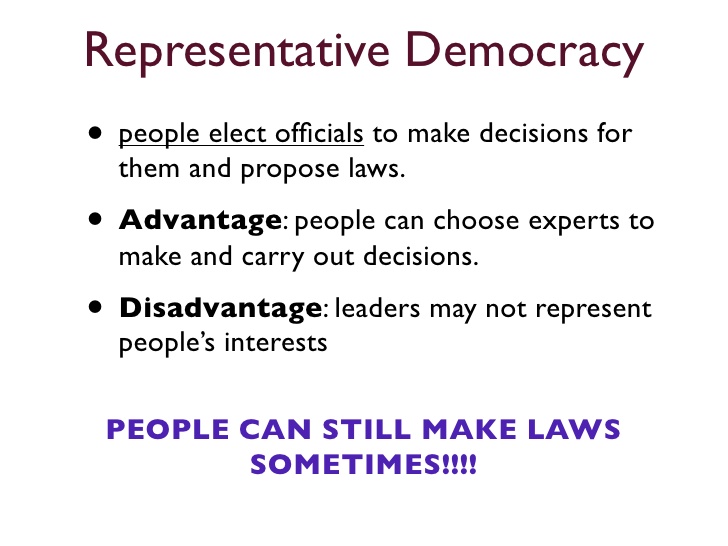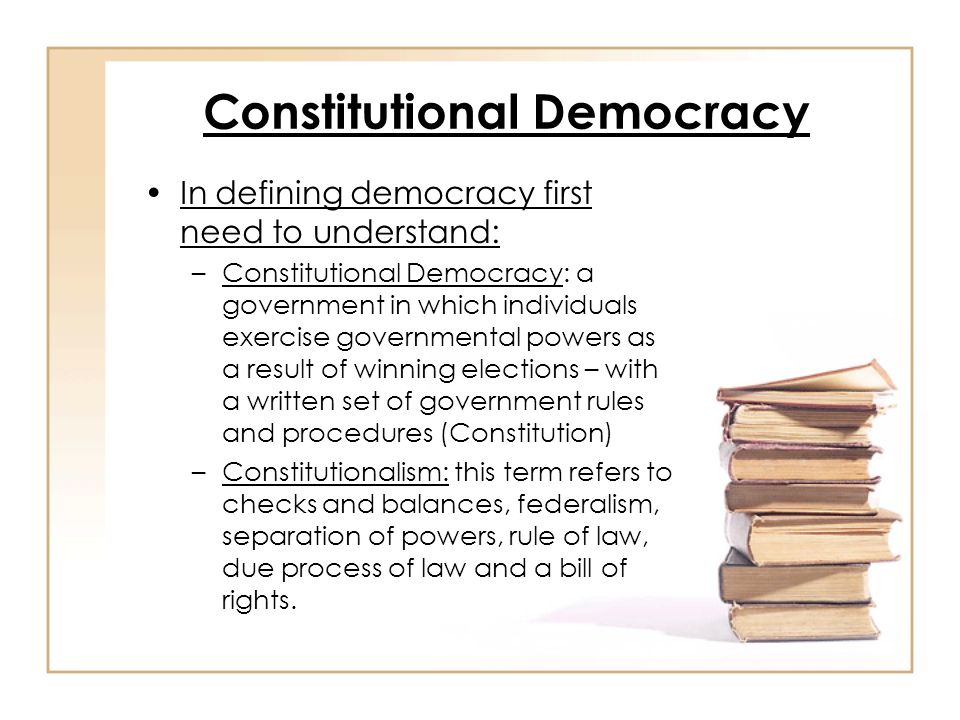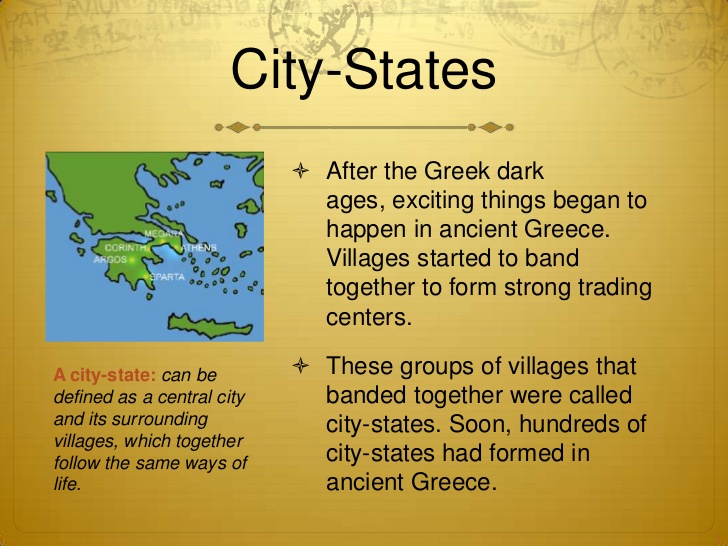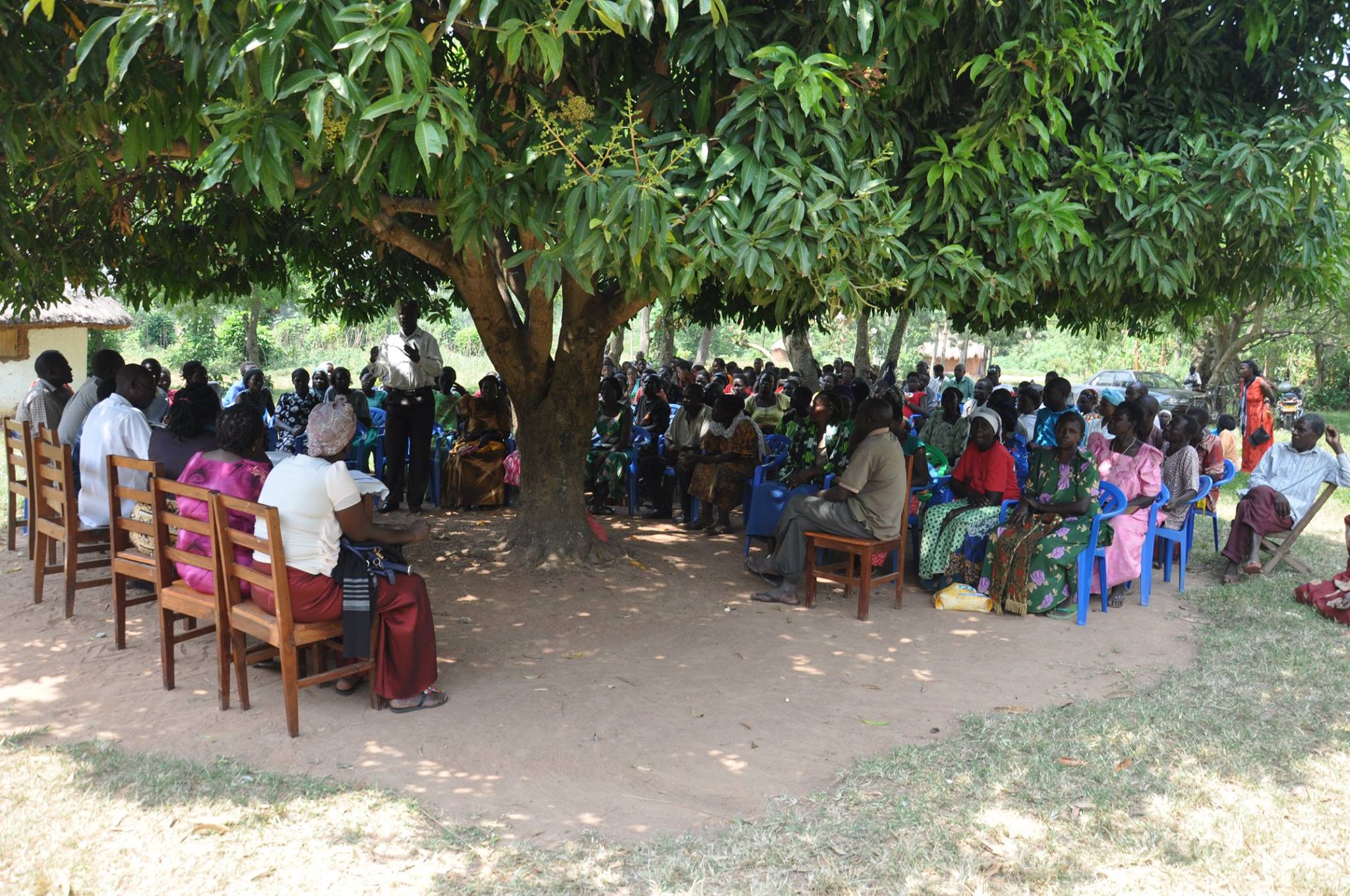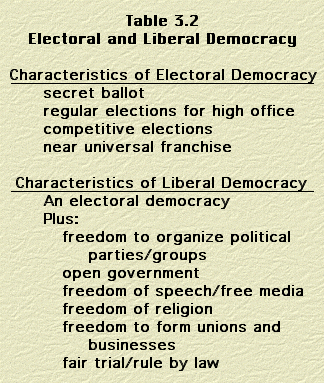2ND TERM
Posted: Mon Jun 22, 2015 7:15 pm
SCHEME OF WORK
WEEK TOPIC
1. Revision of first term work.
2. Obligations of citizens: (a) Economic / financial obligations (b) civic and political obligations
3. Obligations of citizens: (c) Social Obligations (d) Consequences of failure of citizen’s performance of obligations to the community, the State and the nation.
4. National Consciousness and Identity : (a) National consciousness: meaning of National consciousness (b) National Identity- Meaning of national identity (c) Ethnic composition of Nigeria (d) Aspects of national Identity (e)Identifying with one’s nation
5. National Consciousness and Identity: (f) Meaning and History of National symbols (i) National Symbols(ii) the Coat of Arms (iii) The National Flag (iv) the National Anthem (v) The National pledge (vi) The national Currency (vii) The national Passport
6. Promoting National Unity: The National Youth service corps (NYSC), Unity Schools, Federal Character Commission, Tolerance, Hospitality, Non Discrimination, Inter-tribal and Inter-State Marriages etc.
7. Representative Democracy: (a) Meaning of Democracy-Political, Economic (b) place of popular participation in democracy.
8. Democracy (cont’d) (c) Forms of Democracy; (i) Direct, (ii) representative (iii) Constitutional
9. Democracy (cont’d) (d) Examples of Democratic System: (i) City State of Ancient Greece (ii) Igbo village Democracy (iii) Modern Democratic Systems (e)Characteristics of Democracy (i) Authority Emanates from the people (ii) There is the rule of law (iii) There is Liberty for the Citizens
10. Revision
WEEK TOPIC
1. Revision of first term work.
2. Obligations of citizens: (a) Economic / financial obligations (b) civic and political obligations
3. Obligations of citizens: (c) Social Obligations (d) Consequences of failure of citizen’s performance of obligations to the community, the State and the nation.
4. National Consciousness and Identity : (a) National consciousness: meaning of National consciousness (b) National Identity- Meaning of national identity (c) Ethnic composition of Nigeria (d) Aspects of national Identity (e)Identifying with one’s nation
5. National Consciousness and Identity: (f) Meaning and History of National symbols (i) National Symbols(ii) the Coat of Arms (iii) The National Flag (iv) the National Anthem (v) The National pledge (vi) The national Currency (vii) The national Passport
6. Promoting National Unity: The National Youth service corps (NYSC), Unity Schools, Federal Character Commission, Tolerance, Hospitality, Non Discrimination, Inter-tribal and Inter-State Marriages etc.
7. Representative Democracy: (a) Meaning of Democracy-Political, Economic (b) place of popular participation in democracy.
8. Democracy (cont’d) (c) Forms of Democracy; (i) Direct, (ii) representative (iii) Constitutional
9. Democracy (cont’d) (d) Examples of Democratic System: (i) City State of Ancient Greece (ii) Igbo village Democracy (iii) Modern Democratic Systems (e)Characteristics of Democracy (i) Authority Emanates from the people (ii) There is the rule of law (iii) There is Liberty for the Citizens
10. Revision
